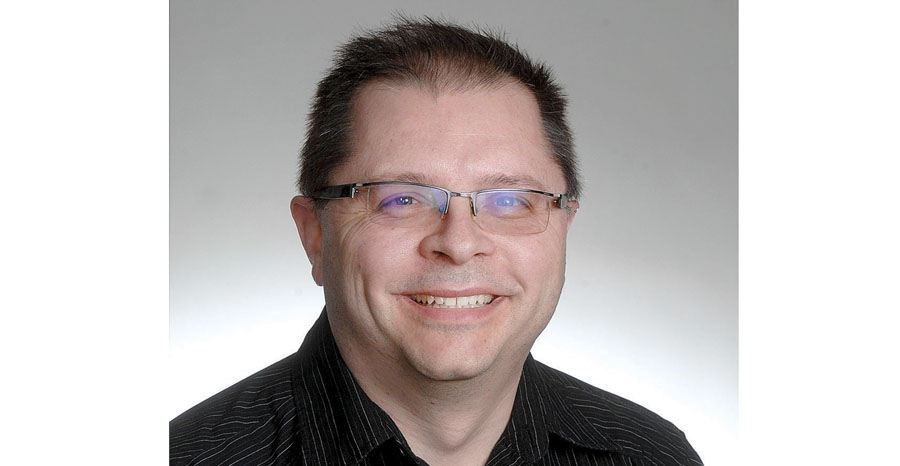There is no justice.
There is only the law, a crude, unreliable instrument in constant flux. The general public wants the law to behave like a scalpel, cold and precise, but in reality it is little more than a butter knife, wielded by a surgeon both drunk and blind.
The letters to the editor, the social media outrage, all demand justice, a concept as wonderful and elusive as Santa Claus. Justice speaks to high and noble human ideals, something that should be always sought but always with the sober honesty that its purity is impossible to attain.
The law is what holds civil society together, so citizens must be engaged in the law, they must believe in its supremacy over them, even when they find it inconvenient. Citizens have every right to complain about the unfairness of the law and how it is applied, to bitterly question its content and its application.
Several recent local cases have brought much anger and frustration forward, particularly for the sentences handed down for an incestuous relationship a man had with his teenaged daughter, the case of a man who sexually assaulted the family babysitter and another man who raped and impregnated an 11-year-old girl.
The law not only struggles at the end of process, with the punishment meted out by judges, but also at the beginning and the middle of the process, as well. The beginning of the process starts with police officers, their investigations of complaints and the evidence they collect in connection to a possible crime. Although there are many examples of persistent officers getting to the bottom of a case, there are also the sad cases when their errors in judgment and their reluctance or refusal to investigate was a contributing factor, as they were in the crimes of Robert Pickton and David Ramsay.
The middle of the process of applying the law, where the lawyers go to work preparing cases and presenting them in open court, is equally imperfect and that imperfection is on clear display in the trial of Jian Ghomeshi.
It is never easy for the victim of a crime to come forward. First, they must explain how they have been victimized in great detail to police officers and then, months or years later, tell their story again to a court, no matter how painful the retelling of the story may be. In the case of Ghomeshi, the former CBC Radio host facing sexual assault charges, the ruling will come down to whether the judge finds the women accusers are credible witnesses and their stories are truthful, beyond a reasonable doubt.
There are no absolutes in a courtroom, only degrees of certainty and uncertainty. If Ghomeshi is acquitted of all charges, it does not mean he is innocent, only that he has been found not guilty because the judge has not been presented with enough evidence to meet the standard of a guilty verdict. Furthermore, it does not mean the judge believes the women are lying in their testimony. Under the law, a judge who is "pretty sure" the defendant committed the crime is compelled to return with a verdict of not guilty because "pretty sure" isn't good enough to warrant a conviction.
There have been numerous complaints that it seems like the accusers are the ones on trial and not Ghomeshi. These women are not on trial but their testimony is and that's an important distinction.
Marie Henein, Ghomeshi's lawyer, has mounted a vigorous defence of her client. So many are asking how can she, in good conscience, defend such a bad man without making any effort to answer their own question.
It's not her job to believe her client. As an officer of the court, her responsibility is to uphold the law and the fairness of the legal system. With that in mind, it's her job to defend her client to the full degree the law allows and to make sure the Crown puts forward a compelling enough case to warrant a conviction. If Ghomeshi is found not guilty, the only thing she has proven is the Crown did not meet that standard in the opinion of a judge or a jury.
From beginning to end, from the law on the books to the people charged with enforcing the law, trying those accused of breaking the law and punishing those found guilty of violating the law, there is no justice. There are only people, with all of their strengths and weaknesses, pursuing the truth through their faith in the law.



